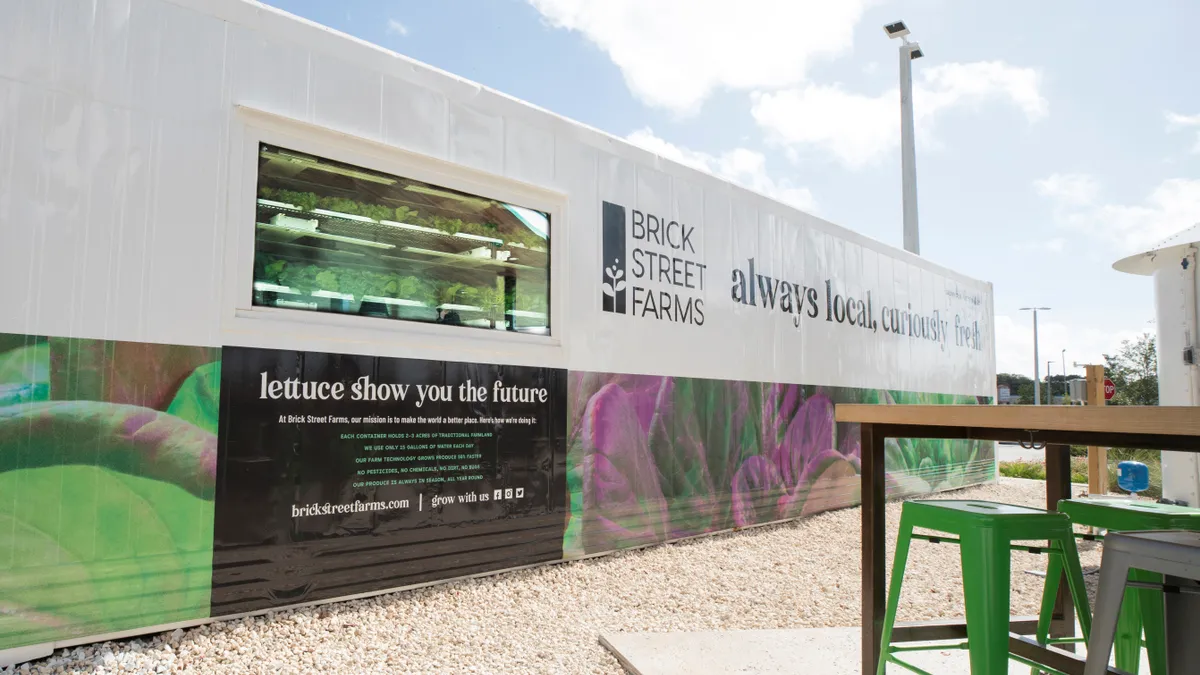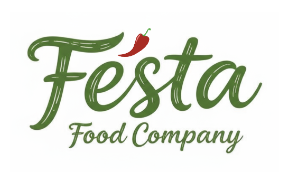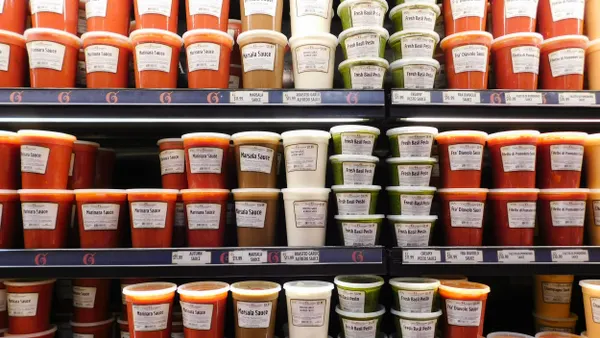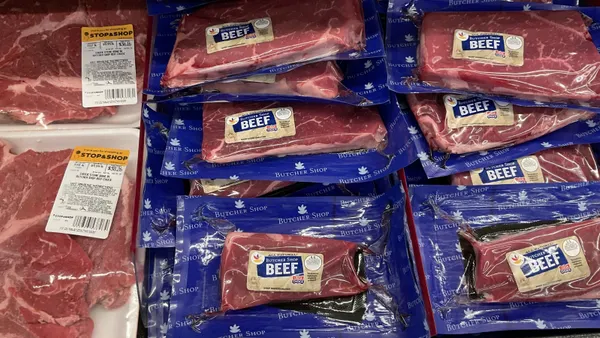Dive Brief:
- Publix has partnered with local hydroponics firm Brick Street Farms to grow, pack and harvest hydroponic lettuce in a container farm located outside its Lakeland, Florida Greenwise Market store.
- The 40-foot container farm will grow an equivalent of 2.5 to 3 acres of lettuce and can operate 365 days a year in any weather conditions, Brick Street Farms told Grocery Dive in an emailed announcement. It substitutes soil for mineral-rich water, which means no pesticides are needed. The container farm uses 90% less water than a traditional farm and produces 720 heads of lettuce each week.
- Customers can watch the produce grow through a window on the side of the container and purchase heads of lettuce inside the store.
Dive Insight:
Publix has recently stepped up its partnerships in alternative agriculture. Earlier this year, the company began hosting Vertical Roots' interactive mobile hydroponic farm in the parking lots of its grocery stores and Greenwise locations. In March, Publix began selling lettuce from Kalera, a hydroponic farm near the Marriott hotel that saw 80% of its orders put on hold due to coronavirus, at 165 stores.
Hydroponic farming has been plagued by inefficiencies and high costs in the past, but improvements in technology are helping suppliers better meet retailers' demands for pricing and scale. On-site farms also add a bit of theater that can draw curious shoppers to stores.
Publix isn’t the only food retailer exploring this field. Kroger last year installed mini hydroponic farms in a handful of Seattle stores in partnership with Infarm, a start-up based in Germany. Around the same time, Gordon Food Service and indoor farming startup Square Roots opened their first co-located hydroponics farm on Gordon’s headquarters in Wyoming, Michigan. H-E-B and Whole Foods have also experimented with hydroponics in and around their stores.
Having a hydroponic farm at the store removes the need for transportation and storage of lettuce before it hits shelves, according to Brick Street Farms. It also allows Publix to sell the produce in-season all year round, providing some supply stability.
Although omnichannel business is booming for grocers like Publix right now, many are looking for ways to drive traffic to their stores, where they can make the most money per order. Grow farms and other safe, eye-catching attractions could be one way to accomplish this.
Correction: In a previous version of this article, the impact of the pandemic to Kalera's business and its location by the Marriott was misidentified. Kalera saw 80% of its orders put on hold due to the virus and is located near the hotel.












